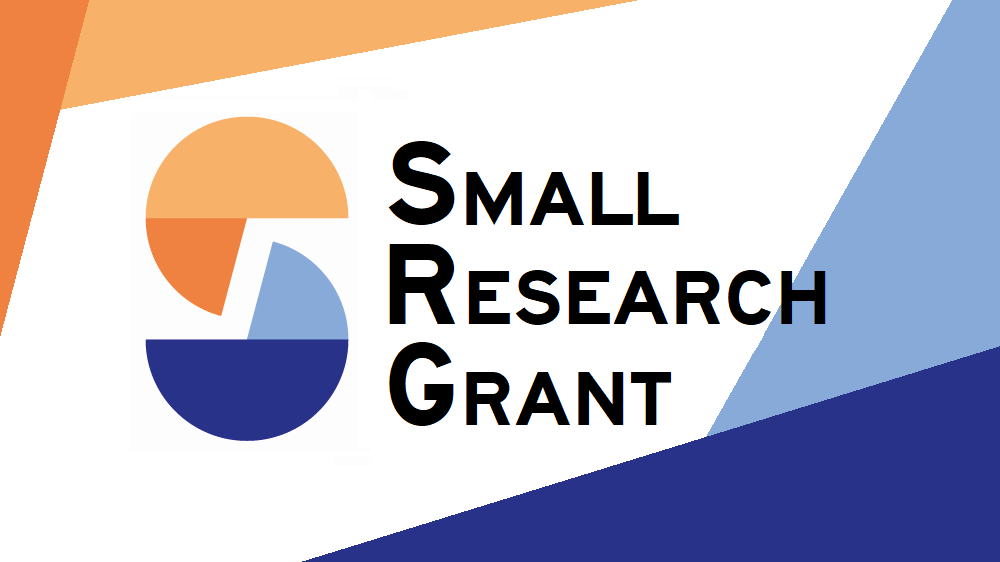The number of people working in artisanal and small-scale mines has sharply risen in recent years, with around 40 million people worldwide now employed in the sector and an additional 150 million being indirectly dependent. Surprisingly, despite their importance relative to worldwide supply and the considerable number of people dependent on artisanal and small-scale mines, the economic literature is almost silent on how this sector affects local economic development. The lack of systematic evidence is worrying given the high policy relevance of the question. Yet the absence of exhaustive time-varying information on the location of artisanal and small-scale mines has prevented researchers in the social sciences from precisely quantifying the contribution of this activity to economic development. The aim of this research project is to analyse the impact of artisanal and small-scale mines on economic development.
The project takes place across two stages. First, the research team intends to map the opening and closing of artisanal and small-scale mines in Africa over the period of 2000-2021 with exhaustive information on location (GPS coordinates). They then use machine learning techniques (convolutional neural network) and satellite image time series to identify sediment and open pit-mining activities. Second, equipped with this original dataset, the research team provides systematic and large-scale evidence of the impact of artisanal and small-scale mines on economic development in Africa. Through different working packages, they will assess a variety of dimensions of economic development, namely local wealth, violence and conflict, and health.
Crucially, the data collection methodology covers a wide range of applications for policymakers and non-governmental organisations, who want a complete picture of all artisanal and small-scale mining activities in order to improve the monitoring of these locations in different dimensions such as health, environmental degradation, or taxation of the minerals extracted, for instance. Beside the importance of having accessible data on mine locations, the empirical results will also be informative of the varying impacts of the sector on local communities across different dimensions. It will also offer a comprehensive overview of the mechanisms in play on which policymakers can intervene.

















































